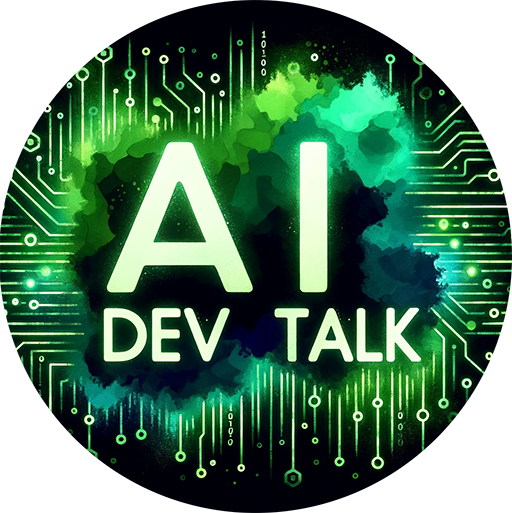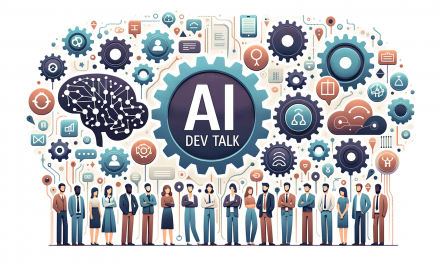OpenAI, at the forefront of artificial intelligence research and innovation, has redefined the landscape of AI through its remarkable API offerings. Their commitment to democratizing access to cutting-edge AI models is evident in the transformative solutions they provide. With an array of APIs, OpenAI empowers developers, businesses, and researchers to unlock the potential of AI in diverse applications. Whether it’s GPT-3 for natural language understanding, DALL·E for image generation, or their other AI models, OpenAI’s APIs have become the bedrock of innovation across industries. Their dedication to ethical AI and continuous improvements ensures that the possibilities are limitless, making OpenAI a driving force in the AI revolution.
While OpenAI has given so much to everyone that is using the API or even the ChatGPT ChatBot to help with various things like writing this blog post, they are still a company and have to keep up with the flow of business and where things are going in the AI realm. This past week, they have talked about their beta release of GPT-4 and being able to work with a lot more document types with their API than just text documents and PDF was mentioned directly. There are many smaller businesses and startups that have used ChatGPT APIs to create or build their business and one of the things some of these businesses do is offer plugins or applications to read or allow their users to talk to their PDFs. As OpenAI releases this ability directly in their ChatBot and API, businesses that use the plugins from these startups will have the option of just going straight to OpenAI instead, cutting out the startups.
Some startups are feeling betrayed by OpenAI for this. I can see how this could be the case, but as a business, you have to look at it from their point of view as well. They have to stay in business, and they have to keep up with offering more to their users, so as a startup if you base your entire business on someone else’s business, you are truly putting yourself at the mercy of that business.
I completely understand setting up a business directly tied to another business or a set of API’s that you don’t have control over, but you have to spread that out over a few different places, which of course in this example wouldn’t have fixed the problem, but still covers you in case one of your suppliers of API’s goes under or raises their prices or any number of other things that could impact your business negatively.
In the case of OpenAI adding a feature to read PDFs and “understand” them, it is a wonderful feature. Other people have started businesses doing it as we mentioned above and are worried that the new feature will destroy their businesses. This is the time that people need to be thinking of the next feature, or how they can use the new feature directly to improve their products or add to their product offering in a way that wouldn’t be advantageous for OpenAI to include in the future. At this time, there are probably not many ideas that we can come up with and be 100% certain that OpenAI isn’t going to implement the same thing, but that is the nature of this environment right now.
In closing, I really feel for those businesses that are affected by this change from OpenAI, but I hope they take this time to figure out how to expand their products to help in other ways or use PDFs in a better way, or a new way! It is a wonderful time that we live in with this environment being so new and changing every day! Can’t wait to see what people come up with next!




